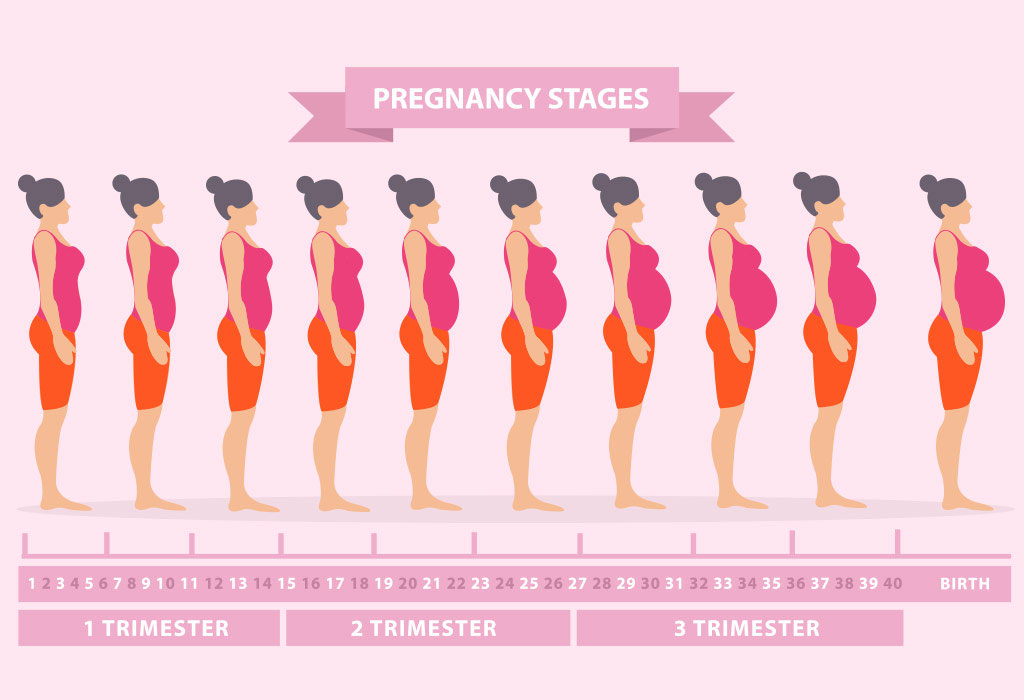
Is exercise safe during pregnancy?
Going back about 30 years, women who became pregnant were very much discouraged from participating in exercise, largely due the baseless theory that exercise may harm the unborn baby. However, it is now widely accepted amongst health professionals and well supported by research that exercise, within reason, poses no risk an unborn baby. In fact, regular physical activity plays a crucial role in enhancing the health and wellbeing of both mum and baby.
Exercising in pregnancy isn’t just about maternal fitness, it is also about reducing risk of issues during pregnancy such as excessive weight gain, gestational diabetes and pre-eclampsia. Furthermore, after the baby is born, exercise facilitates many life-long benefits, such as reduced risk of cardiovascular disease, type 2 diabetes and some cancers. This is why all women, in an uncomplicated pregnancy, are encouraged to participate in regular physical activity.

In their 2016 Guidelines, The Royal Australian and New Zealand College of Obstetricians and Gynaecologists recommends that:
“Women without contraindication should participate in regular aerobic and strength conditioning exercises during pregnancy”
In stark contrasts to what we knew 30 years ago, the guidelines also highlight:
“There is no evidence that regular exercise during an uncomplicated pregnancy is detrimental to the women or foetus”
This means that the vast majority of pregnant women should be completing both regular aerobic (i.e. walking, cycling, swimming, running, etc.) and strength training (i.e. with bodyweight, dumbbells or kettlebells), unless your Doctor or Mid-wife have said otherwise.

However, it is also recognised that pregnancy is a time of rapid change. Our ligaments become looser, our centre of mass shifts and we gain around 10-15kg at the front or our bodies. Naturally, this will change our sense of balance and the body’s biomechanics, and as a result some modifications to our exercise may be needed.
For a portion of women this may also require a more detailed musculoskeletal or exercise assessment to identify any potential risk or precautions to physical activity. Some examples of women who may require further assessment include:
- Women experiencing pain during pregnancy,
- Women experiencing issues with bowel or bladder, or
- Women who have a complicated pregnancy. That is, women who have conditions in pregnancy that may be affected by exercise (normally this is identified by your Obstetrician or Mid-wife).

On the other hand, for women who perhaps don’t yet have a regular routine for exercise and are not sure where to start, Physiotherapy assessment can be worthwhile in providing guidance for activity and safe individualised exercise prescription. In this way, both mum and baby can benefit from all the advantages of exercise.
For general information regarding exercise in pregnancy, please click the link below to access The Royal Australian and New Zealand College of Obstetricians and Gynaecologists’ pamphlet:
